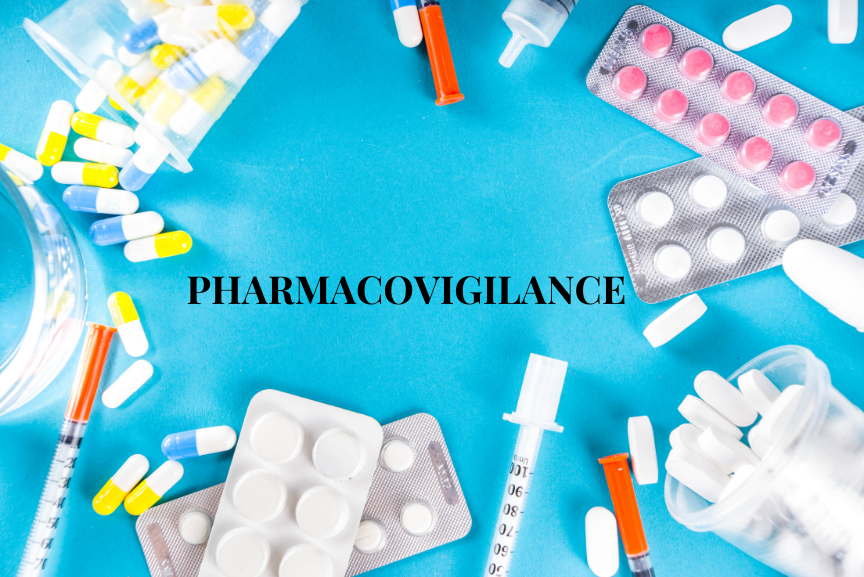
Introduction to Pharmacovigilance: Ensuring Safe and Effective Healthcare
Pharmacovigilance, a crucial aspect of healthcare, plays a vital role in ensuring the safety and efficacy of medications. As the pharmaceutical industry continues to evolve, the importance of pharmacovigilance cannot be overstated. In this blog, we'll delve into the world of pharmacovigilance, exploring its significance, key concepts, and career opportunities.
What is Pharmacovigilance?
Pharmacovigilance is the science and activities related to the detection, assessment, understanding, and prevention of adverse effects or any other drug-related problems. This includes monitoring and managing risks associated with medications, vaccines, and medical devices.
Why is Pharmacovigilance Important?
Pharmacovigilance is essential for:
1. Patient Safety: Identifying and mitigating medication risks to protect patients.
2. Public Health: Preventing adverse events and promoting safe medication use.
3. Regulatory Compliance: Ensuring adherence to international standards and guidelines.
4. Medical Advancements: Informing drug development and improving treatment outcomes.
Key Concepts in Pharmacovigilance
1. Adverse Event Reporting: Collecting and analyzing data on medication-related adverse events.
2. Signal Detection: Identifying potential safety issues through data analysis.
3. Risk Management: Developing strategies to minimize medication risks.>
4. Pharmacovigilance Regulations: Compliance with global regulations and guidelines.
Career Opportunities in Pharmacovigilance
Pharmacovigilance offers a range of career paths for entry-level professionals
1. Pharmacovigilance Officer: Monitoring and reporting adverse events.
2. Drug Safety Specialist: Analyzing and mitigating medication risks.
3. Regulatory Affairs Specialist: Ensuring compliance with regulations.
4. Clinical Research Associate: Conducting pharmacovigilance studies.
Skills Required for a Career in Pharmacovigilance
1. Analytical and problem-solving skills
2. Knowledge of regulations and guidelines
3. Communication and collaboration skills
4. Data management and analysis skills
Conclusion
Pharmacovigilance is a critical component of healthcare, ensuring the safe and effective use of medications. As the industry continues to grow, the demand for skilled pharmacovigilance professionals increases. If you're passionate about patient safety and public health, consider a career in pharmacovigilance.

